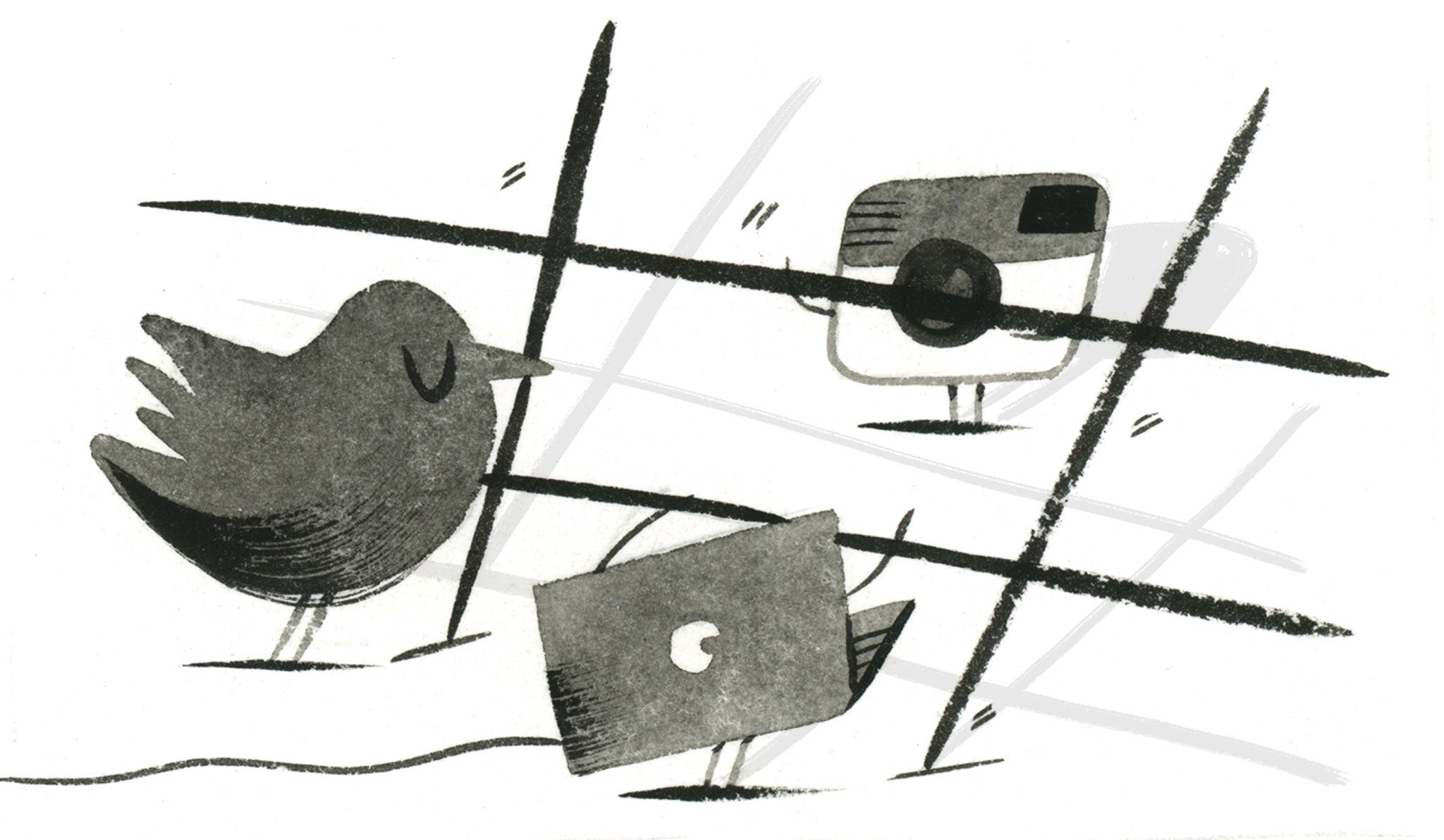The Independent's journalism is supported by our readers. When you purchase through links on our site, we may earn commission.
Why didn't the creator of the hashtag patent the concept?

Your support helps us to tell the story
From reproductive rights to climate change to Big Tech, The Independent is on the ground when the story is developing. Whether it's investigating the financials of Elon Musk's pro-Trump PAC or producing our latest documentary, 'The A Word', which shines a light on the American women fighting for reproductive rights, we know how important it is to parse out the facts from the messaging.
At such a critical moment in US history, we need reporters on the ground. Your donation allows us to keep sending journalists to speak to both sides of the story.
The Independent is trusted by Americans across the entire political spectrum. And unlike many other quality news outlets, we choose not to lock Americans out of our reporting and analysis with paywalls. We believe quality journalism should be available to everyone, paid for by those who can afford it.
Your support makes all the difference.The hashtag as a concept is not new. A hashtag is an index term – like when you look up a word in the back of a book to see where in the book the topic is covered.
You've probably heard the terms metadata, ontology, taxonomy, etc. Back in the 1970s and 1980s, I taught a course every year on this topic to information specialists, as do dozens of other people in information programmes across the country to this day. People in the information business have to select and use indexing vocabularies for databases and have to understand the various theories for the design of these vocabularies to optimise performance.
Now hashtags have not been invented with any indexing theory in mind, as far as I know. They are a part of what are called 'folksonomies', that is, they are terms invented spontaneously by people and reflect an often spur-of-the-moment labelling of the topic of the Tweet.
Marcia J Bates, UCLA Professor Emerita of Information Studies
A patent is a good protection for the 'creator' if they need to invest billions to bring an idea to life. Yet it is monopolising a technology and most of us suffer more than we gain from a monopoly. If Tim Berners-Lee would have gotten a patent for the development of the http protocol, we wouldn't have the internet as we have it today.
Axel Schultze, CEO Society3
For two reasons, primarily: 1. Claiming a government-granted monopoly on the use of hashtags would have likely inhibited their adoption, which was the antithesis of what I was hoping for, which was broad-based adoption and support – across networks and mediums.
2. I had no interest in making money (directly) off hashtags. They are born of the internet, and should be owned by no one. The value and satisfaction I derive from seeing my funny little hack used as widely as it is today is valuable enough for me to be relieved that I had the foresight not to try to lock down this stupidly simple but effective idea.
Chris Messina, creator of the hashtag
Primarily because hashtags are not patentable. The idea is not new; there is 'prior art' dating back more than 20 years. Hashtags are just a modern implementation of an old idea. Another example is the standard internet email address (username@domain.name format). Email was already in existence using different formats for email addresses (using ! instead of @, etc). So it could not be patented because the idea was not original, only the specific implementation.
Why didn't the creator of the hashtag patent the concept? originally appeared on Quora: The best answer to any question. Ask a question, get a great answer. Learn from experts and get insider knowledge. You can follow Quora on Twitter, Facebook, and Google+.
Join our commenting forum
Join thought-provoking conversations, follow other Independent readers and see their replies
Comments